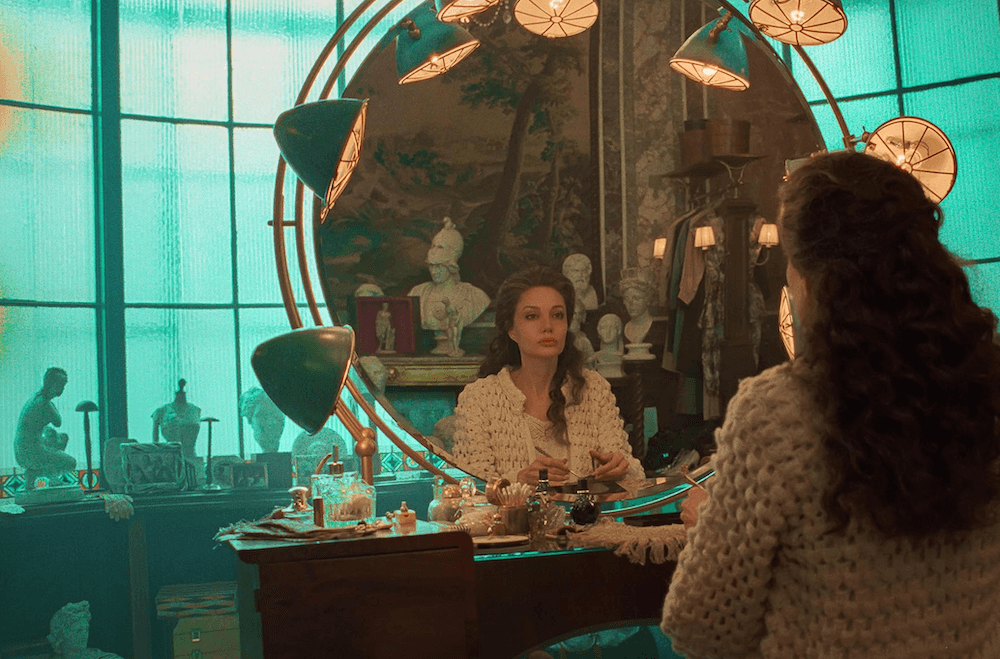R | 2h 4m | Biopic, Opera| Dec. 11, 2024
Rather than creating a realistic, gritty story about the renowned diva of all divas—opera singer Maria Callas—Chilean director Pablo Larraín teams up with screenwriter Steven Knight (with whom he worked on “Spencer,” the Princess Diana biopic) to produce a more surreal, painterly treatment. “Maria” is more sensory than story-driven, and mainly for those who prefer their biopics awash in a melancholy beauty.






